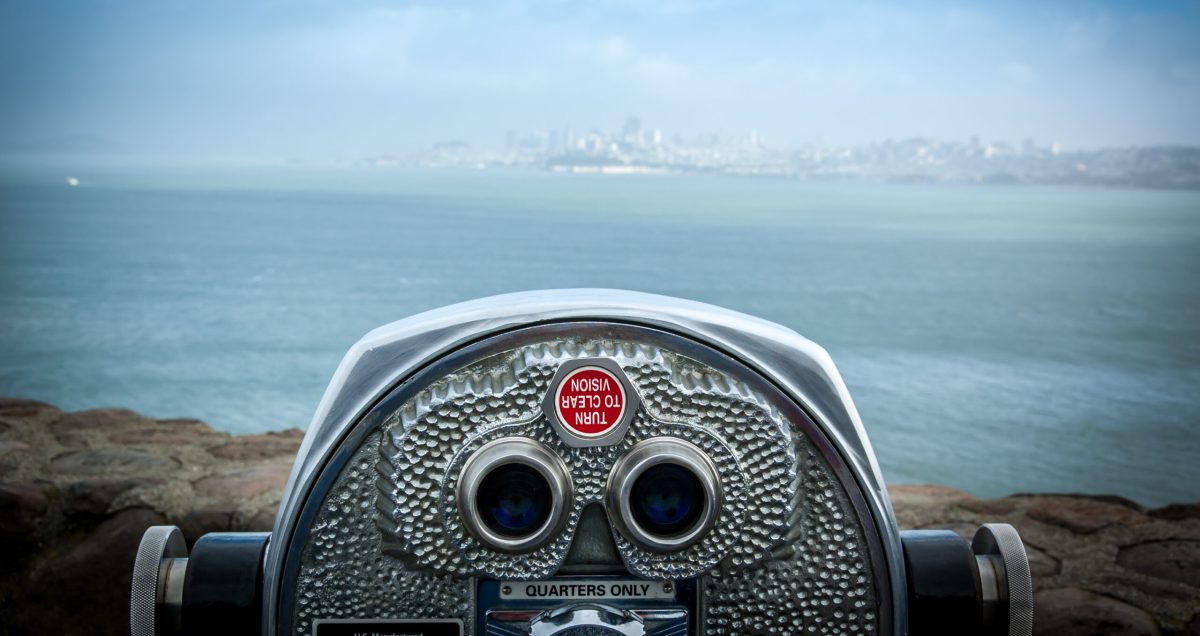In the digital age, don't underestimate the power of face-to-face communication.
It will come as no surprise to most that a recent study found face-to-face communication is more powerful than digital -- email, social networking, etc. And that, in fact, people are reporting weaker relationships and less trust than before we all became "connected."
Some excerpts from TIME Magazine's review of the studies:
- In Rockmann and Northcraft's study, 200 students were divided into teams and asked to manage two complicated projects: one having to do with nuclear disarmament; the other, price fixing. Some groups communicated via e-mail, some via video conference and others face to face. In the end, those who met in person showed the most trust and most effective cooperation; those using e-mail were the least able to work together and get the job done.
- In a Duke University study, researchers found that from 1985 to 2004, the percentage of people who said there was no one with whom they discussed important matters tripled, to 25%; the same study found that overall, Americans had one-third fewer friends and confidants than they did two decades ago.
- University of Michigan found that college students today have significantly less empathy — the ability to understand and share the feelings of another — than students of generations past did. The reason, psychologists speculate, may have something to do with our increasing reliance on digital communication and other forms of new media.
So while a few keystrokes may seem more efficient, the power of true interpersonal communication cannot be underestimated.
Old-fashioned? Perhaps. But it may just be the way we humans are wired.

